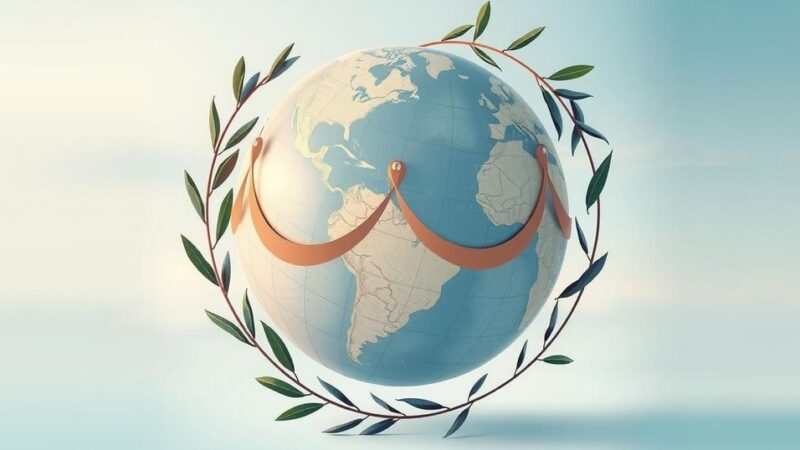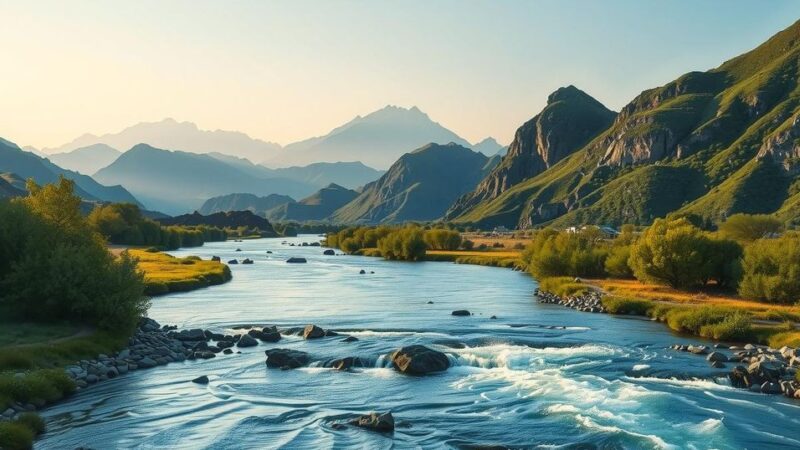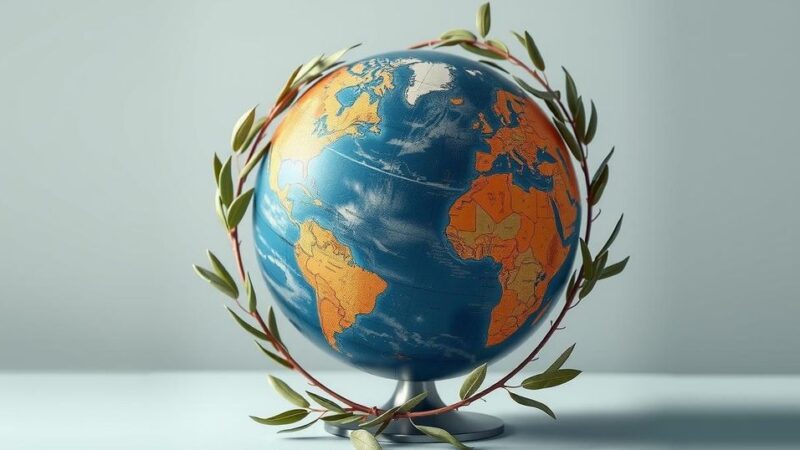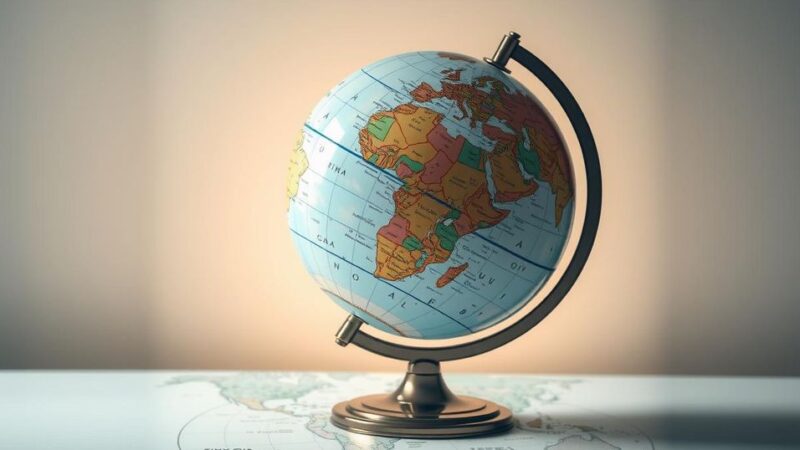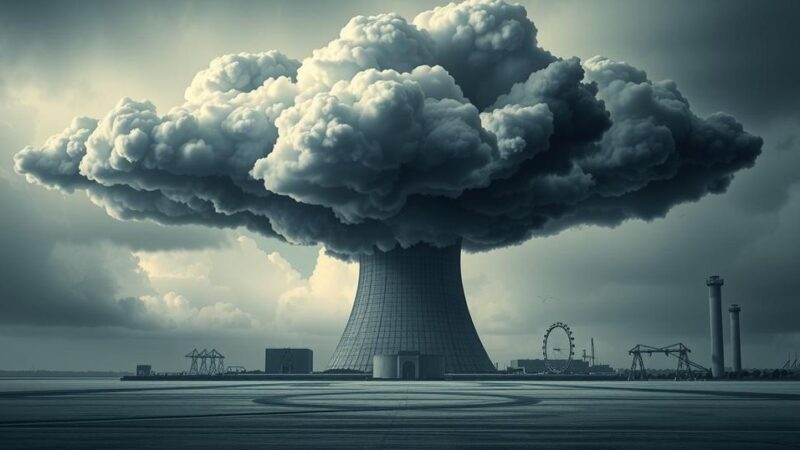The DRC’s conflict with Rwanda-backed M23 rebels has escalated following the group’s takeover of Goma, despite diplomatic ceasefire efforts. Leaders from regional blocs called for immediate hostilities cessation, while accusations against Rwanda’s involvement continue. The historical context, mineral wealth, and the need for inclusive diplomatic negotiations are critical for resolving this ongoing crisis. If left unresolved, this situation poses severe humanitarian risks.
The Democratic Republic of the Congo (DRC) is currently engaged in conflict with the Rwanda-backed M23 rebels, who have made significant territorial gains in the eastern provinces of North and South Kivu. After capturing Goma, M23 has resumed hostilities despite diplomatic overtures for a ceasefire from regional leaders gathered in Tanzania. The ongoing violence has escalated humanitarian concerns, prompting discussions among African nations and the African Union on viable peace strategies.
The leaders from the Southern African Development Community (SADC) and East African Community (EAC) convened in Tanzania, emphasizing the urgent need for cessation of hostilities and humanitarian corridors while formulating a securitization plan for Goma. Rwanda’s alleged role in supporting M23 continues to generate international scrutiny. The group claims to be advocating for the rights of ethnic Tutsis but has been implicated in severe human rights violations, including violent territorial acquisition and abuses against civilians.
Accusations against Rwanda include its alleged support of M23 through arms and troop presence, which Kigali vehemently denies. The conflict’s roots can be traced back to post-colonial power struggles and the repercussions of the Rwandan genocide, leading to regional tensions that have persisted for decades. M23’s latest resurgence can be attributed to unresolved grievances regarding the inclusion of Tutsis within the Congolese government.
The potential for military resolution remains uncertain. Analysts assert that diplomatic negotiations must encompass all key stakeholders, including M23, to facilitate a sustainable peace process. Furthermore, the reliance on foreign military support such as the UN peacekeeping mission poses risks to the DRC’s sovereignty and ability to independently manage its security.
Mineral wealth in eastern DRC exacerbates the conflict, with claims that M23 exploits mining resources for funding its operations. Some experts argue that the focus should be shifted from mineral exploitation to addressing the security needs of the Tutsi population, which has faced persecution. The situation remains critical, with heightened risks of humanitarian crises if hostilities persist.
In summary, the ongoing violence necessitates urgent and coherent diplomatic strategies that consider the historical, political, and humanitarian complexities of the DRC. Immediate international engagement is crucial to prevent further destabilization of the region, potentially impacting wider geopolitical interests. The prospect of peace will hinge on addressing the underlying issues driving the conflict and ensuring the inclusion of all affected parties in the negotiation processes.
The conflict in the DRC underscores a multifaceted crisis involving regional dynamics, historical grievances, and the urgent need for inclusive and effective diplomatic interventions. The escalating humanitarian situation demands immediate attention and collaborative efforts from regional and international leaders to foster a sustainable resolution. Addressing the core issues of security, human rights, and mineral exploitation is essential to achieving lasting peace in the region.
Original Source: www.aljazeera.com

